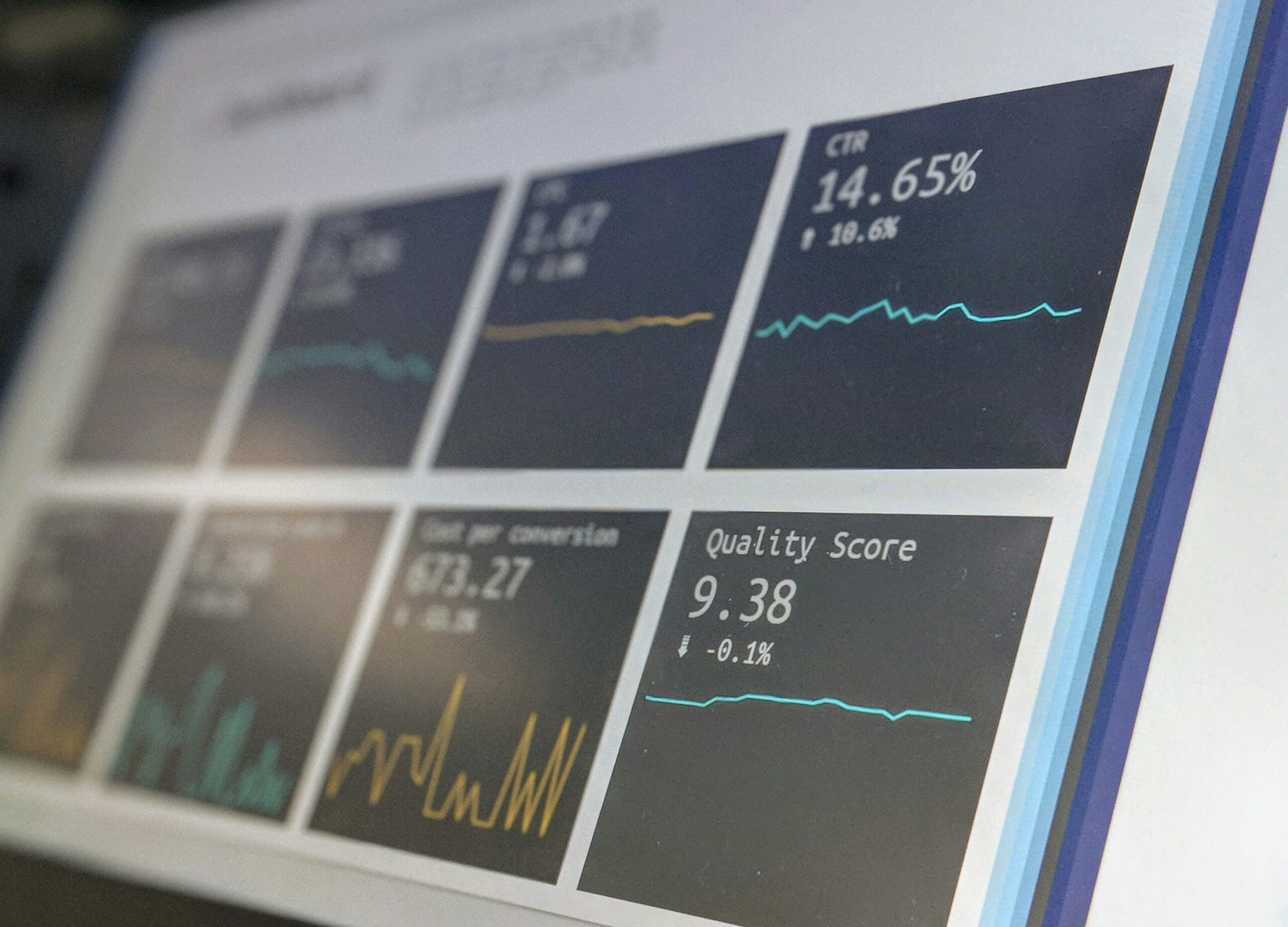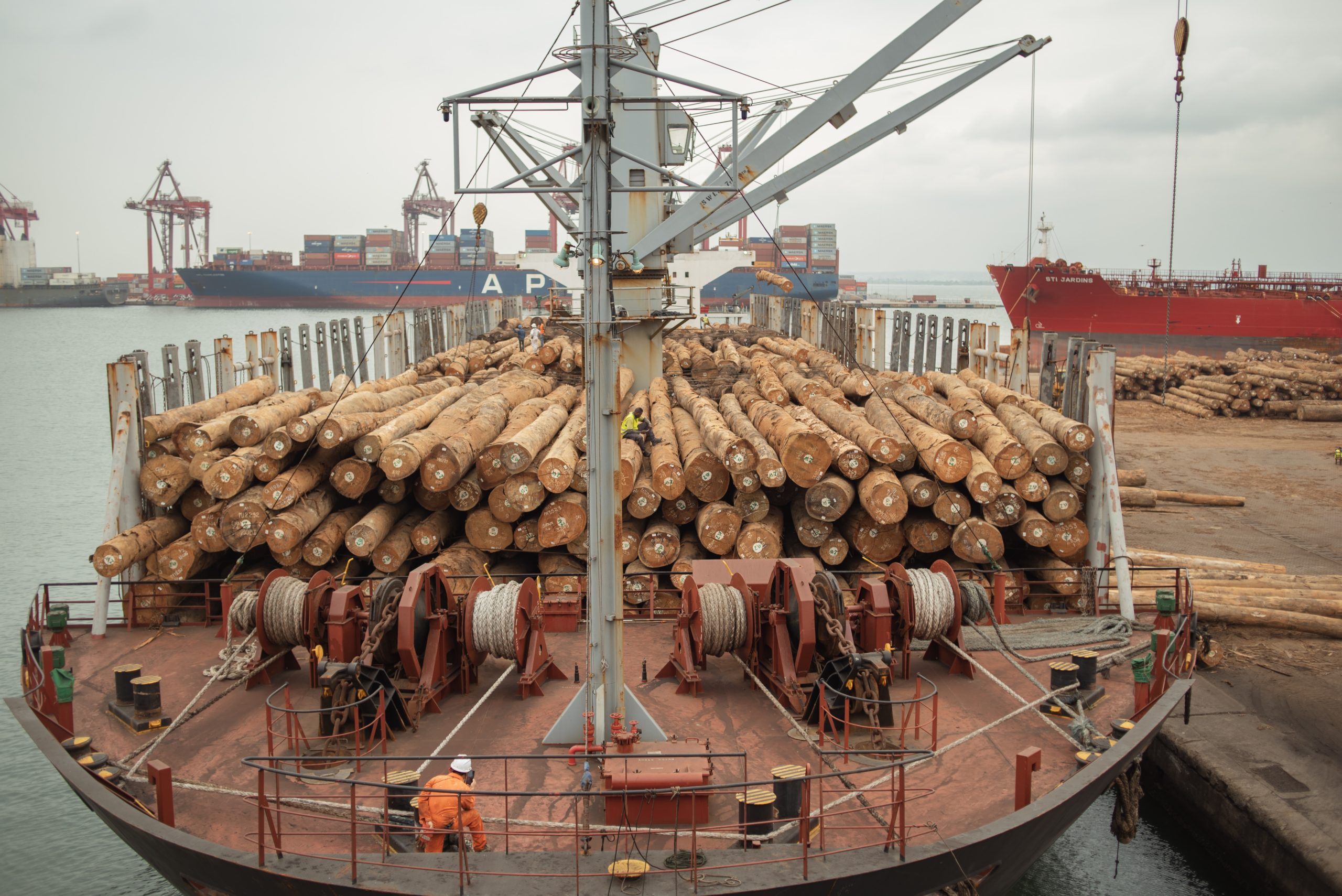Agriculture, fish processing, and fishing have long been Iceland’s principal industries. Approximately 70–80% of Icelanders made their living from farming in the 19th century. That percentage has steadily decreased over time and is presently less than 5% of the population. In the future, it is anticipated that the number will keep decreasing. Only 100,000 km2 (or 1% of the total land area) is used for arable farming, and these areas are nearly entirely in the country’s outlying lowlands.

A farm in Iceland
Iceland is self-sufficient in the production of pigs and poultry, as well as sheep, which has been the traditional mainstay for generations of farmers there, and cattle, which increased quickly in the 20th century.
Crops of vegetables flowers and fodder
There are many different food crops grown there, including potatoes, turnips, carrots, cabbage, kale, and cauliflower, despite the region’s frigid environment and short growing season. Cut flowers, potted plants, and other subtropical plants are cultivated in greenhouses heated by geothermal energy (which Iceland has in abundance). Because the daytime hours are shorter at these northern latitudes, artificial light may occasionally be needed to supplement natural light. This method can even be used to grow grapes and bananas, though not typically on a commercial scale. Fodder crops are also significant, such as rye, barley, and grass (which is extremely nutritious in Iceland due to the long daylight hours during the brief, chilly summers). There are certain benefits for agriculture from the chilly environment and northern latitude. Due to the lack of insect pests, very little agrochemical insecticide and herbicide use occur, and the grass grows particularly well due to the long summer days and cold temperatures. Due to the general absence of pollution brought on by the small population, food is less likely to be affected by artificial chemicals. A small but expanding organic sector has taken advantage of this.
Technical expertise
This is possibly the most crucial information to understand when establishing an agriculture business. A lack of the necessary technical know-how could result in a significant loss of your capital, regardless of whether you are considering cultivating fruits and vegetables, poultry, fish, or anything else. You must know how to plan for any agribusiness of your choosing, as well as the cost of equipment, production methods, soil water content, irrigation, and a ton of other things.
Regulation and licensing
Every country has some sort of registration requirement for businesses. This might be a registration for a business or an association. Whatever it is, you must make sure you are properly registered with all the necessary entities and organizations to avoid harsh fines for breaking rules you might not even be aware of.
In the beginning, it might be advisable to get a professional to assist with the setup and management of your farm before you fully take control. You’ll have enough time to learn from experts this way and steer clear of any traps you may have encountered either way.
Selection of plant or animal
The success of any agribusiness depends on selecting the best crop to plant or animal to raise. The majority of people tend to copy what other people are doing when they launch their first agribusiness. They ultimately failed as a result of their lack of understanding.
Available market
Although you could be excited to invest in the development of some farm products, there might not be much to no market demand for them in your neighborhood or nation.
Before starting to grow any product, it’s crucial to investigate the market that already exists, gauge its size and potential for expansion, and weigh the pros and cons of exportation.
You may be sure to establish an agribusiness that ensures a steady income flow by starting one with year-round demand. However, investing in something with little to no demand would probably result in a complete loss of your money (no matter how much it is).
Financial analysis
It is one of the most crucial topics to understand and requires close attention.
Before starting any business at all, a thorough financial analysis must be performed to ascertain whether the firm is lucrative or not, how long it might take you to break even, the potential expenses, and much more. You can better understand how to make a budget and manage your money if you conduct a complete financial analysis.






